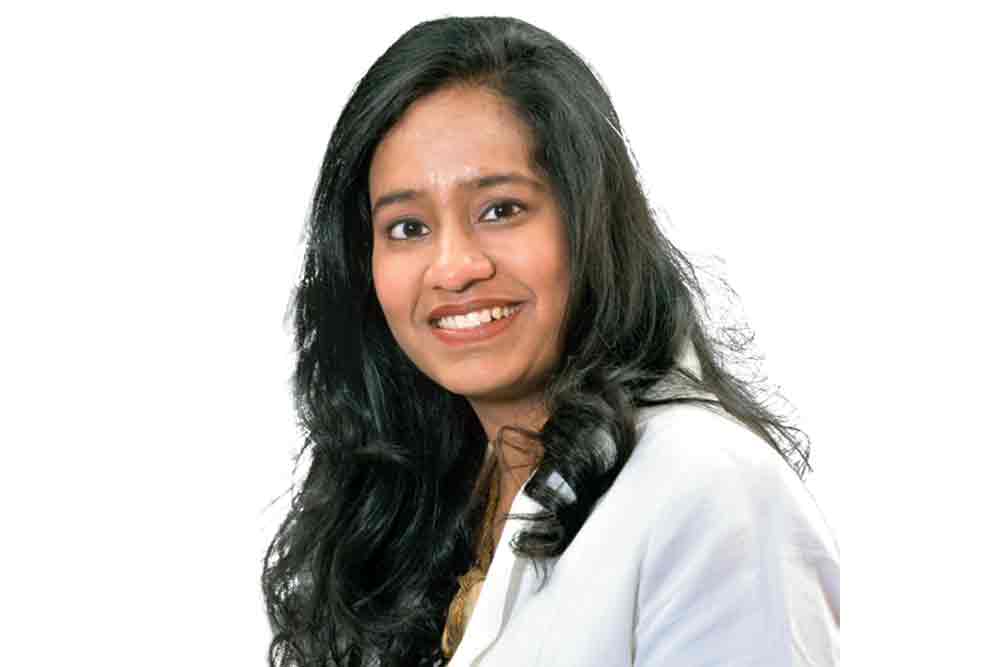So, I am a woman who has successfully made her mark in the male-dominated world of finance. The journey has been exciting so far. Recently, I completed 19 years with Kotak. On the occasion of my work anniversary, many came to congratulate me. My inbox was flooded with ‘Badhai Ho’ messages as ‘the Stree’ completed 19 years with the brand. A brand that has been competely ‘Swadesi’. Needless to say, along the journey, I have witnessed many ‘Hulchul’ as well as ‘Hichki’ moments while being part of the financial markets.
My first stint with investments in fact started with Kotak. I remember, way back in 2000, a colleague who used to oversee equity investments, insisted that I buy only 100 shares of Kotak Mahindra Finance (now Kotak Mahindra Bank). Despite having my share of doubts and with great reluctance, I acceded to his suggestion and made my first ever investment. Since then, the journey has been a never-ending one. However, lets not rejoice looking at the current market prices. (As I sold off the shares for a measly gain! )
While, I continue in my ‘karwan’ of financial investments, I must say that the first ever stint taught me the most important lesson about markets – the power of compounding. As Albert Eistein once said, “Compound interest is the eighth wonder of the world. He who understands it, earns it ... he who doesn’t ... pays it.” From then on, I took a different route, that of Systematic Investment Plans (SIP). Regarding SIPs, my thought process was simple, if I earn on a recurring basis, why should I not invest too on a recurring basis. Trust me, since then there has been no looking back. Investing via SIPs at times feels like a Chinese bamboo tree – you keep nurturing it, yet it may not show results near term. But the compounding impact that it can have on your portfolio is definitely worth the wait.
Financial investments must be treated like wine, longer their time span, the vintage they become – chances of better outcome only increases. I learnt that it’s good to be somewhat old-fashioned in terms of financial investments. Sometimes its best to abide by the statement – ‘Fill it, shut it and forget it’. This is easier said than done, as the forces of ‘greed’ and ‘fear’ often tend to play in a mischievous manner with our hard-earned money.
Sometimes some free advice in terms of financial investments can actually turn out to be great. I remember, once a senior industry person gave me a piece of advice, (right before general elections in May 2004) – Sell in May and Go Away! And avoid looking back every now and then! It is unnecessary to react to every event that is happening around you. It is more important to stay on the course. Time plays a crucial role in investments; This is one major lesson that I have learnt in my journey of financial escapades.
Yet another understanding that I have gathered over time is about the importance of gold in financial investments. Indian women (including me initially) always perceived gold as an asset class. However, once I started my journey of investments, I learnt that the yellow metal should be included as a term insurance in one’s portfolio. Let it rather be the last man standing even when the world is all set to collapse. I have seen many investors making the cardinal mistake of making gold a pre-dominant portion of their investment portfolio. But, how I wish I could share with them my core learning – all that glitters is not gold!
I have always treated equities like red bull drink (energy boosters), which showcases substantial growth potential and have realised debt is like ‘nimbu paani’ (refreshing drink) which is more stable in nature. Its very important to strike an optimal balance between the two.
However, on a final note I will have to acknowledge and express gratitude to my personal financial advisor. Just like Arjuna needed Krishna as his ‘sarathi’ even we need ‘sarathis’ in our financial journey.

